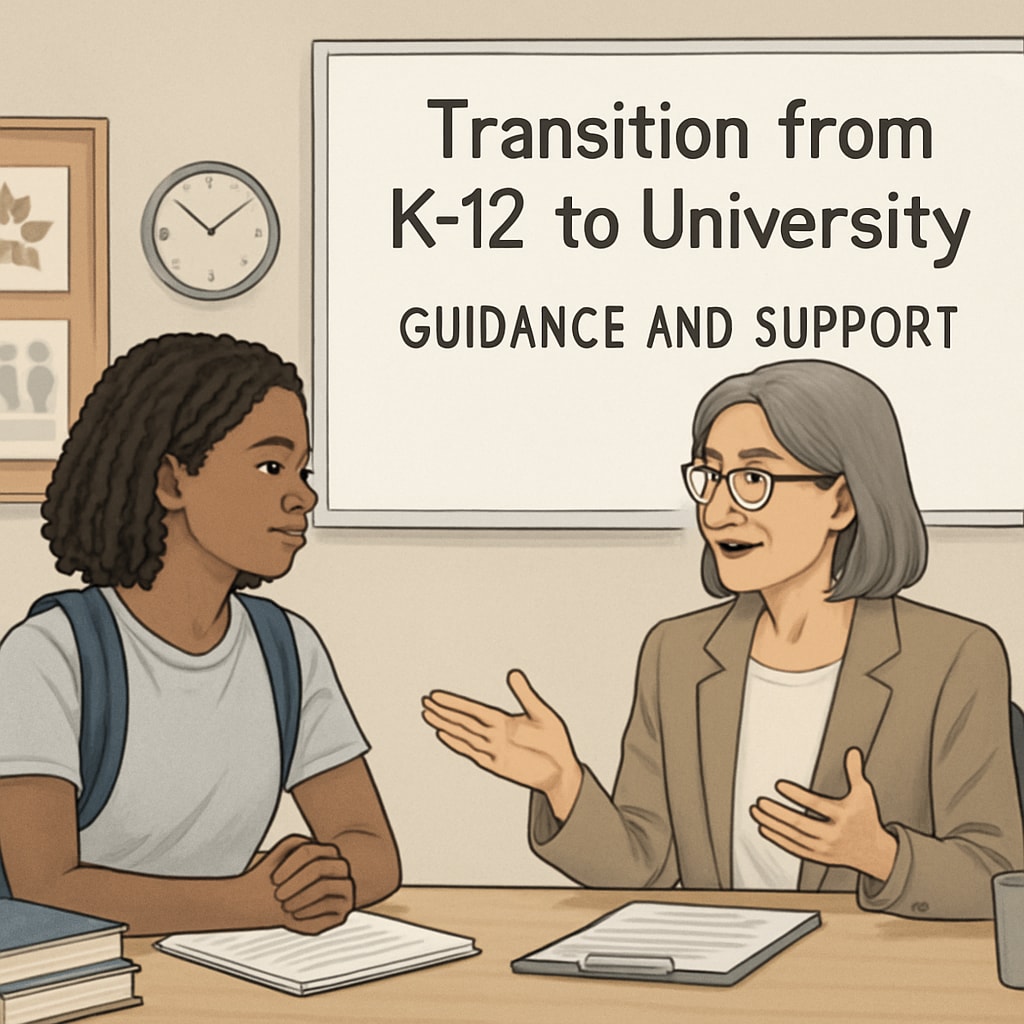Ensuring students excel in their academic journey requires institutions to possess specific traits that foster success. From K12 education to higher education, developing university success traits, enabling academic achievement, and promoting lifelong learning are essential. By examining the characteristics of educational institutions that support students in completing their degrees, we can better understand how to create a seamless transition between these stages of education.
Traits of Successful Educational Institutions
Educational institutions that excel in supporting students share several common traits. These include personalized learning approaches, robust support systems, and a commitment to fostering resilience and adaptability. These characteristics not only help students complete their degrees but also equip them with the skills needed for lifelong learning.
- Personalized Learning: Successful institutions emphasize individualized education plans that cater to diverse learning styles and needs.
- Strong Support Systems: From mental health resources to academic advisors, a supportive environment is crucial for student success.
- Encouraging Resilience: Teaching students to overcome challenges and adapt to new environments is essential for their academic and personal growth.

Transitioning from K12 to Higher Education
The transition from K12 education to university can be challenging for many students. Institutions that effectively bridge this gap often implement programs designed to prepare students for the academic and social demands of higher education. For example, comprehensive orientation programs, mentorship opportunities, and skill-building workshops can ease this transition.
Moreover, K12 schools play a pivotal role in early preparation. They can introduce college readiness programs and foster critical thinking skills that students will rely on in their university years. Collaboration between K12 schools and universities can also ensure smooth transitions by aligning curricula and expectations.

Fostering Lifelong Learning
Supporting students in completing their degrees is only one part of the equation. Successful educational institutions aim to instill habits of lifelong learning that prepare students for a dynamic and evolving world. By encouraging curiosity, adaptability, and continuous skill development, institutions help students stay relevant and thrive in their chosen fields.
For instance, integrating technology into learning processes can provide students with tools that enhance their ability to learn independently. Additionally, fostering interdisciplinary learning and encouraging collaboration can expand students’ perspectives and equip them with versatile skills.
Readability guidance: To ensure clarity and effectiveness, this article uses concise paragraphs, lists to summarize key points, and controlled sentence lengths. Transitions such as “however,” “as a result,” and “for example” are used to improve the flow of ideas.


